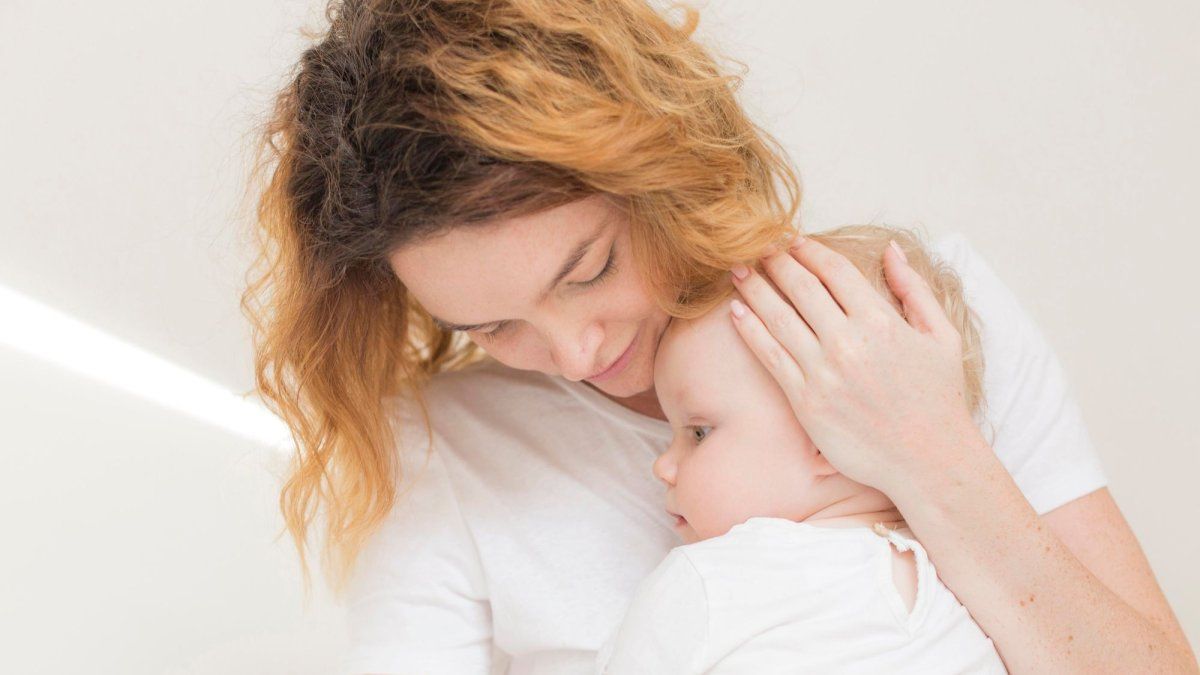Material and working conditions continue to make it difficult to mother well. Wage gaps, unequal distribution of care and the lack of comprehensive policies accentuate the penalization of motherhood. They promote progress towards real co-responsibility between the State, companies and families so that raising children and developing professionally are not incompatible options.
This Sunday Mother’s Day was celebrated in Argentina. In many homes, mothers were wished “happy day” and each family, group of friends, sons and daughters tried to recognize in their own way the work of the mothers they have close to them. But in a complex context and with current material conditions, from Grow – gender and work we ask ourselves: can those who mother today do so with enjoyment? What is needed so that motherhood is not a burden or an impossible choice? Is it possible to raise and at the same time develop, grow, work in decent conditions?
The content you want to access is exclusive to subscribers.
When someone decides to give birth, many times that vital act collides with structures that do not accompany them. Motherhood continues to be a factor that limits women’s job opportunities. For example, according to UNICEF, between those who do not have children and those who have three, labor participation differs by almost 30 points (UNICEF). This is not a coincidence: it responds to persistent gender stereotypes, which assign women the main role in domestic and care tasks. In Argentina, 90% of women perform these unpaid tasks compared to 75% of men; They allocate an average of 6 and a half hours a day, they spend just over 3 and a half hours (ENUT 2021).


But in addition to costing time, caring for children has other costs and consequences. According to the report The cost of caring from the former Directorate of Economy, Equality and Gender (MECON, 2022), mothers earn 33.7% less per hour than fathers—this after adjusting for experience and educational level. We know this accumulation of consequences that raising sons and daughters generates in the lives of women as: penalization of motherhood.
The conclusion is sad: being a mother today in Argentina means having less income, fewer options, greater precariousness. In a country where raising a child between 6 and 12 years old implies an expense of more than $542,183 per month (according to the INDEC parenting index), if income is not enough and gender economic gaps become more pronounced, the result is greater feminization of poverty. This situation is particularly serious in the case of mothers who raise children alone and support the household economy alone: single-parent households.
We have recently heard some leaders from the region and the world concerned about the drop in birth rates, but understanding the decisions that lead to this drop requires looking at the material conditions in which motherhood is intended. We know that love and desire alone are not enough to raise children. Those who assume that responsibility and raise boys and girls today also know that their well-being cannot be resolved with a single person involved and that we need our community.
That community is not just the family. Includes companies, work spaces, institutions. Some tools could help us balance that scale and redistribute time and responsibilities in the homes of those who raise and work. For example, we know that with equal licenses, licenses for those who adopt and for those who work independently or as monotributistas – as proposed in 2023 by the Caring in Equality Bill – we could generate a great impact.
Workspaces have an immense opportunity to influence changes that modify the societies in which we live, even making them fairer. Each company can assume a key role in building work spaces that respect rights, without gender discrimination, with real adaptations. There are plenty of experiences that show how in the process of generating changes with impact for their workers, companies can contribute to larger changes and still continue to grow and develop productively.
From Grow – gender and work we promote with the campaign Leaps towards work well-being reflections on what organizations can do so that motherhood does not become an obstacle in professional development. We want a society where raising, working and dreaming are compatible and not to the detriment of the quality of life of mothers, the rights of children or the active presence of men in their role as parents.
To celebrate motherhood is to commit to generating fairer ways of navigating through it.
Grow-Gender and Work Diagnostics and Implementation Area
Source: Ambito
David William is a talented author who has made a name for himself in the world of writing. He is a professional author who writes on a wide range of topics, from general interest to opinion news. David is currently working as a writer at 24 hours worlds where he brings his unique perspective and in-depth research to his articles, making them both informative and engaging.




